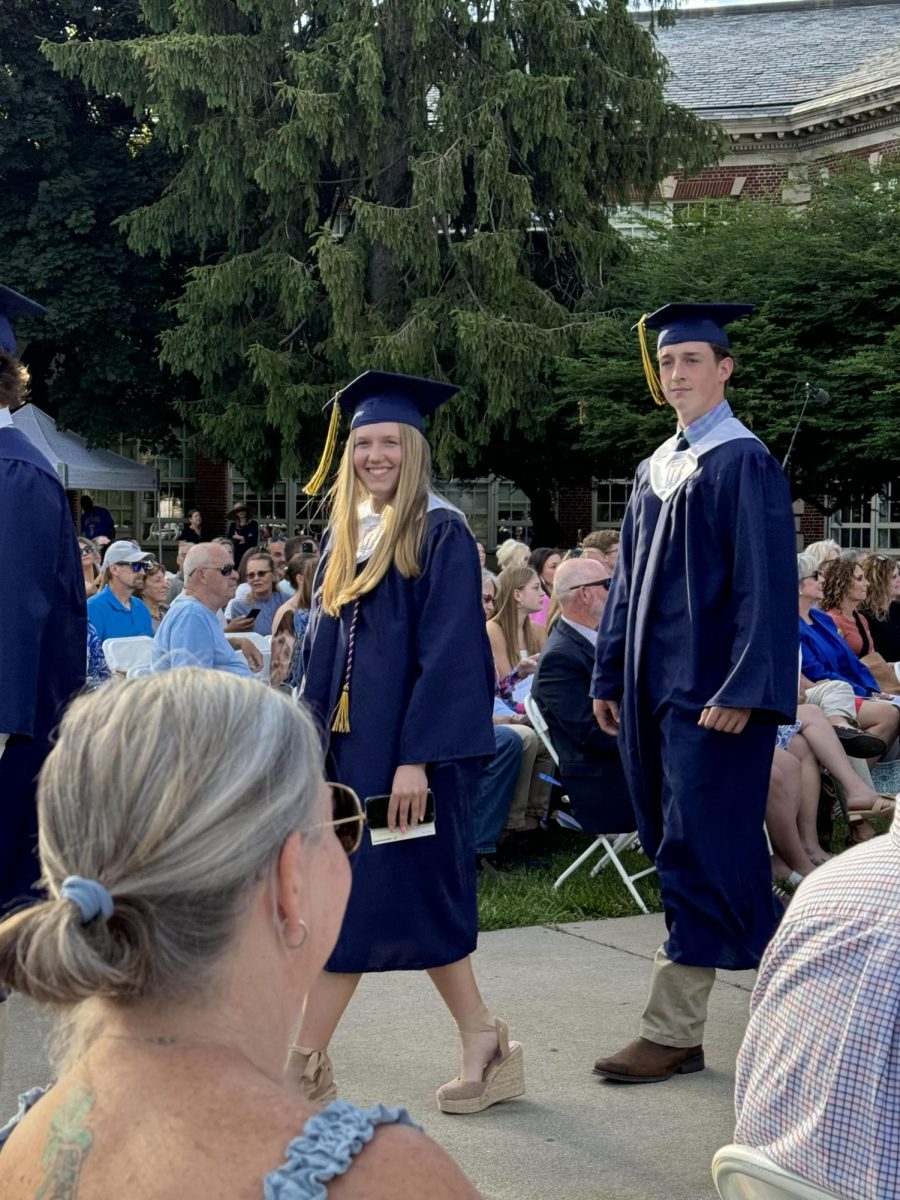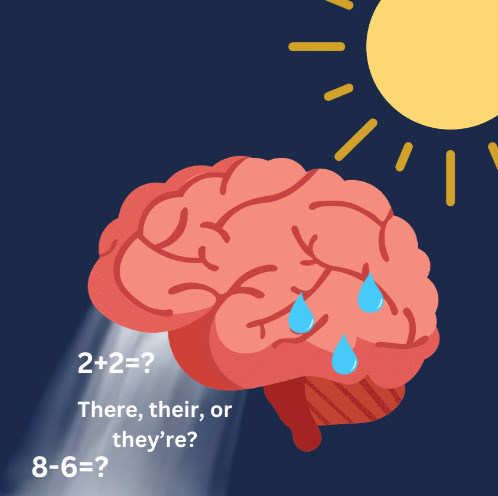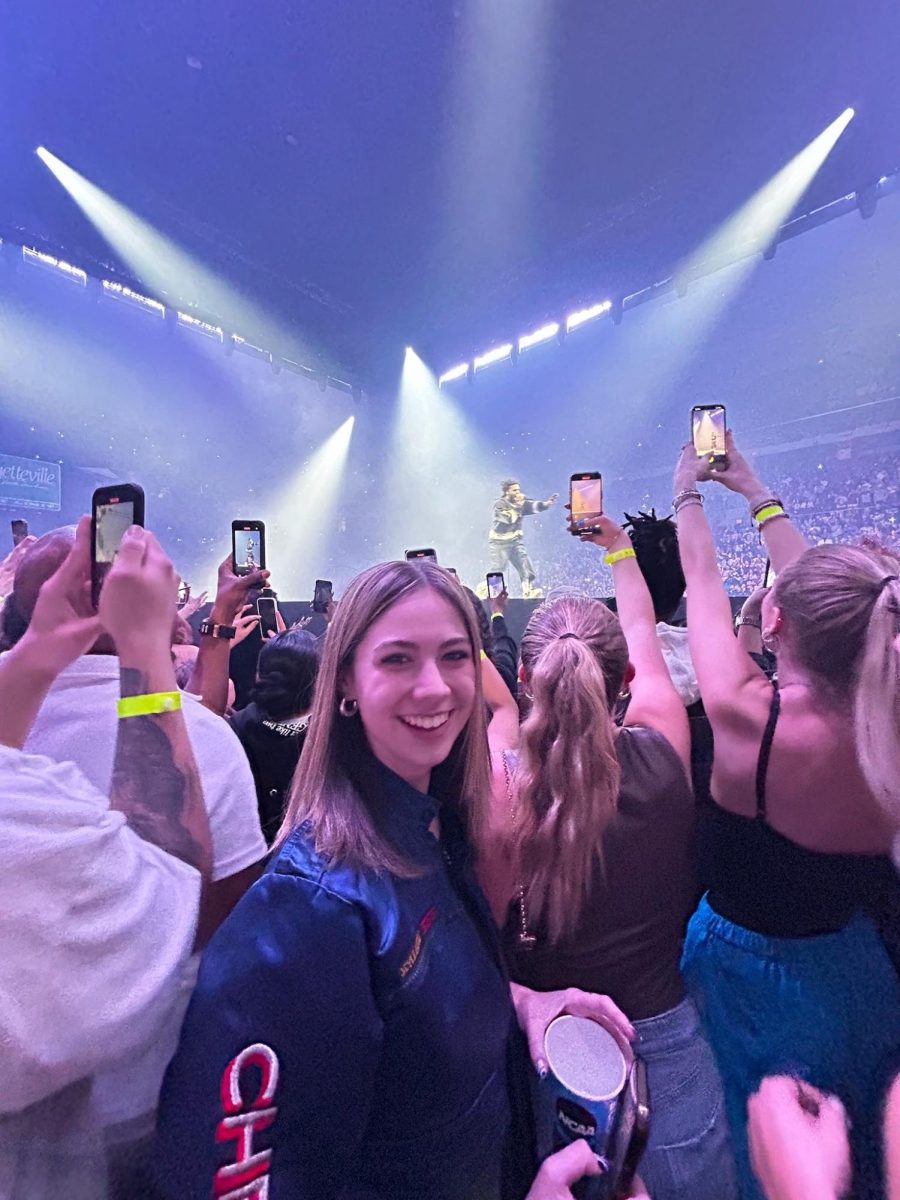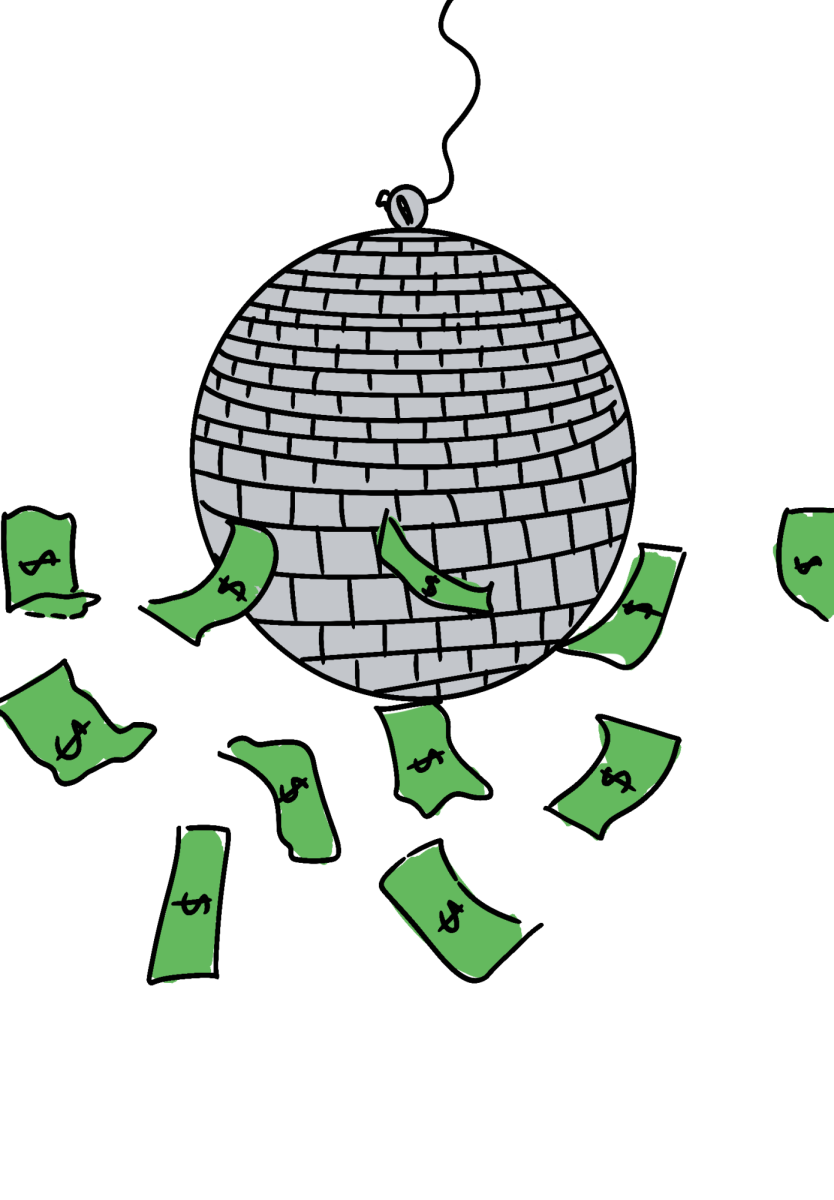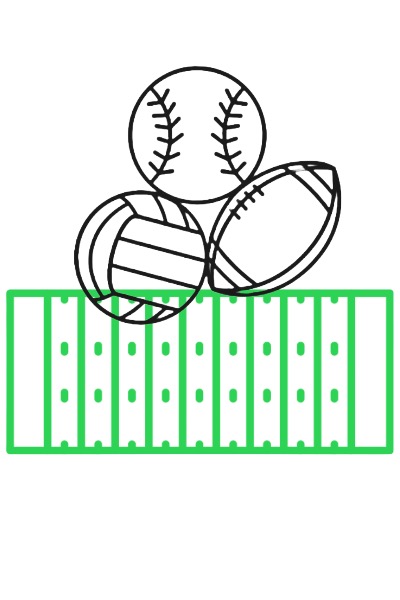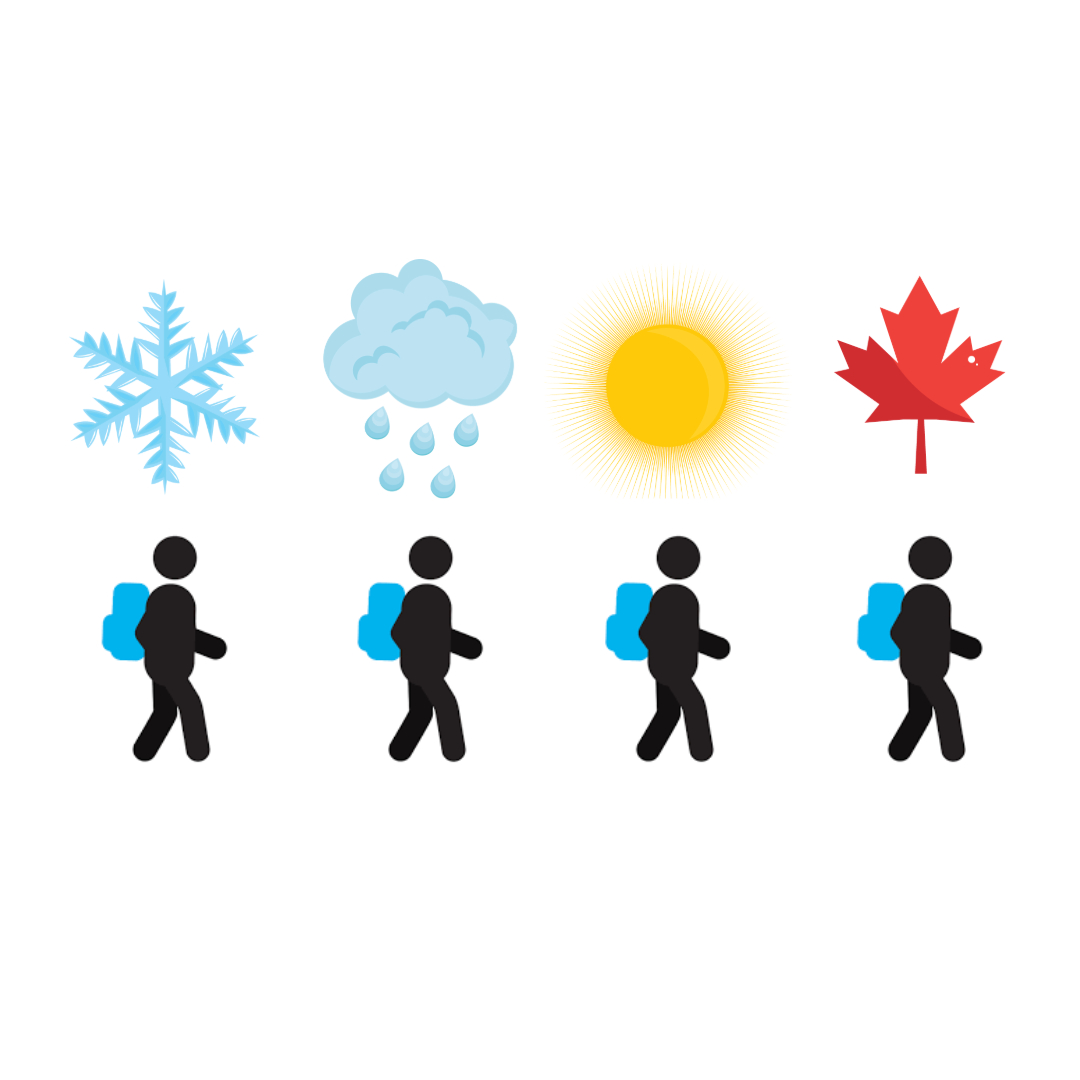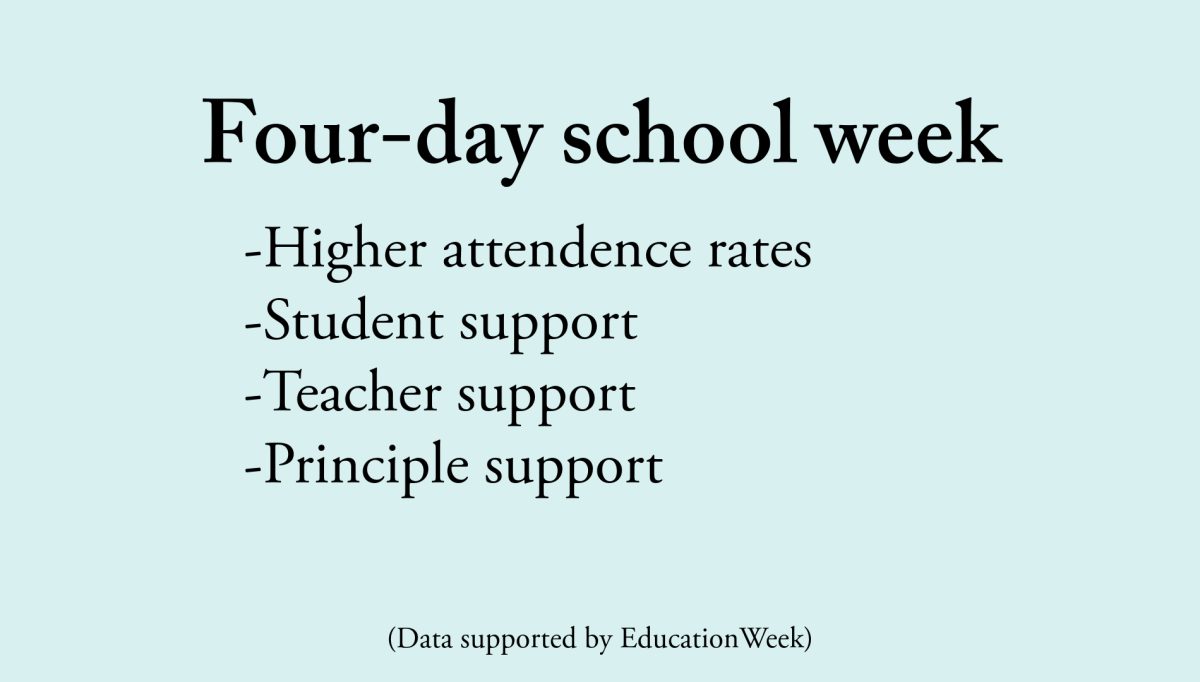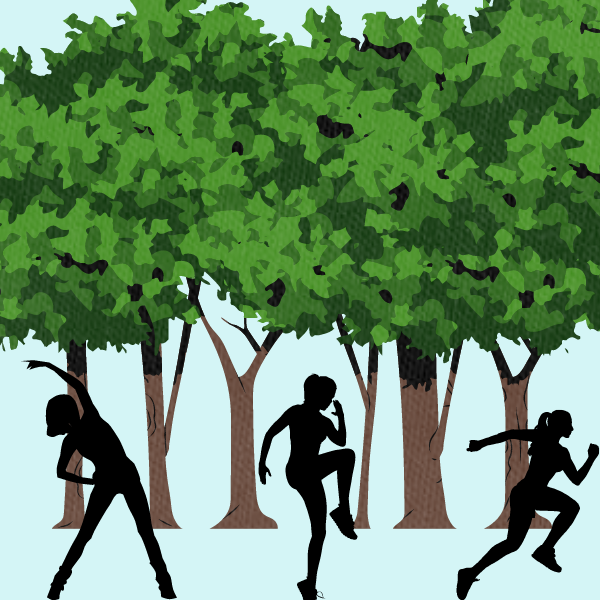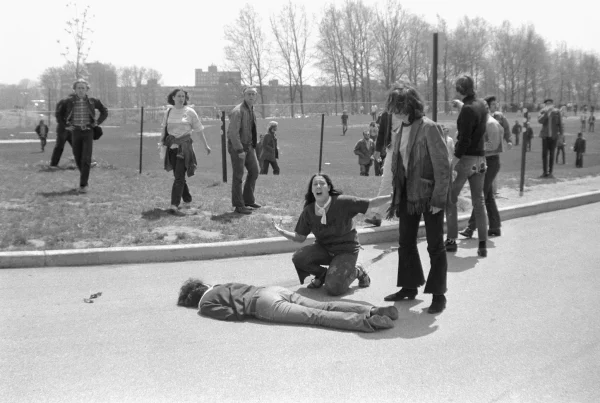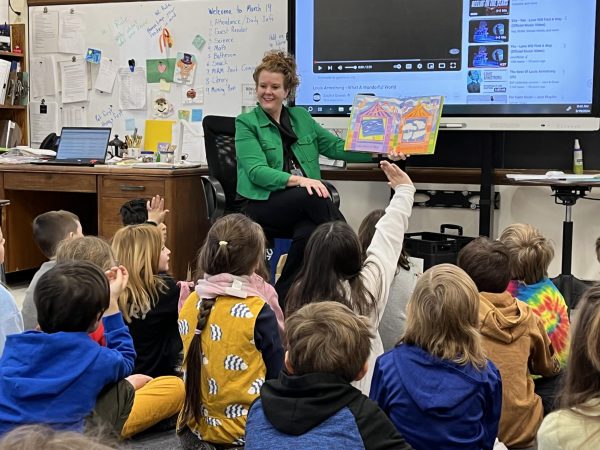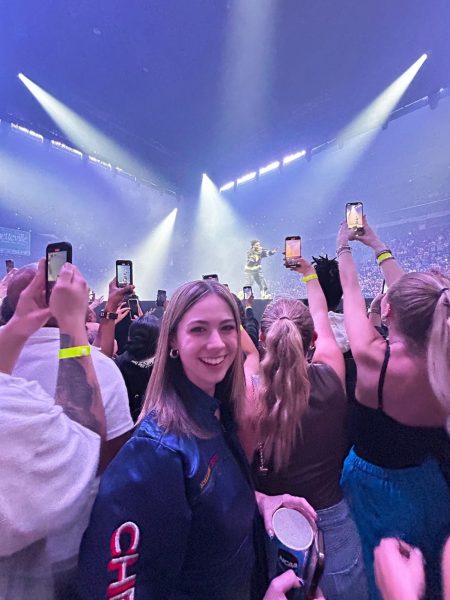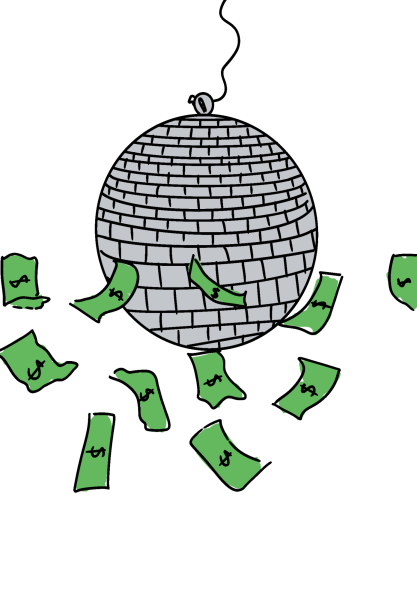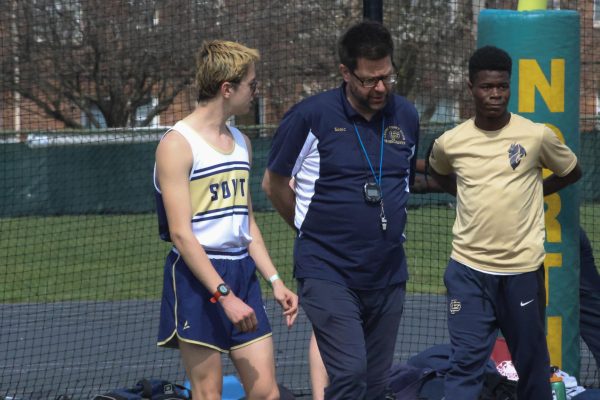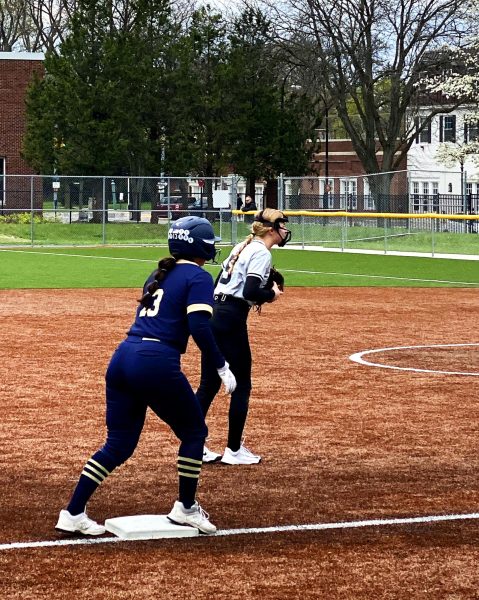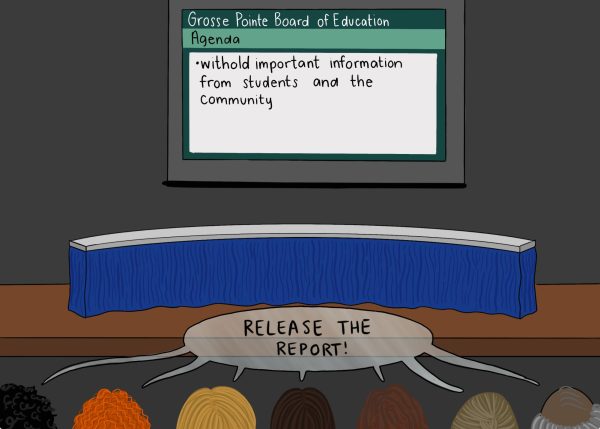Sparknotes Fever
A look into how much students actually read
While students may be able to “get away” with Sparknoting instead of reading for English class, the long term effects will be felt far into the future, according to English teacher Danielle Peck.
Twenty-three out of 25 South students who took part in a recent survey said they regularly use Sparknotes for English class. Of those 23, 13 said they use it instead of reading, while just two of the 25 said they don’t use Sparknotes.
“If students read and use Sparknotes or information online as a tool to help them understand the reading, I think that’s a good thing.”
— English teacher Danielle Peck
According to Peck, it’s this dependance on Sparknotes instead of reading that causes students to face difficulties down the road.
“If students read and use Sparknotes or information online as a tool to help them understand the reading, I think that’s a good thing” Peck said. “If though, students are using Sparknotes to replace the reading, then they’re not getting the experience. They might get the plot and what somebody else thinks are the main themes of a work, but they’re not getting to experience it themselves.”
According to Sparknotes’ website, their study guides are meant to be used in conjunction with reading, not to replace it. However, Peck has seen several students using Sparknotes instead of reading who have been negatively affected by it.
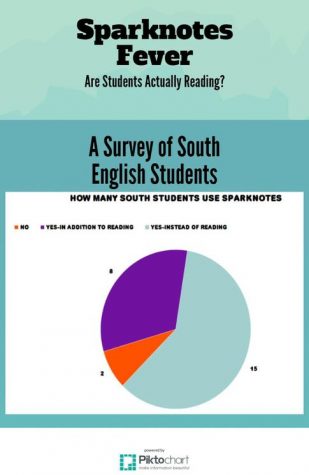
“You can write a B paper if you’re a good writer using your information that you got on Sparknotes, but it’s when students get up to the higher levels of English that that starts becoming a problem because they have not had the experience reading that they need, and they also don’t have experience writing,” Peck said.
Vice president of book club and an AP Literature and Composition student, Catharine Fennessey ’17 has never really understood the appeal of Sparknotes.
“If you’re just reading Sparknotes, then you miss the aesthetic experience of reading something,” Fennessey said. “I feel bad for people if I’m reading something that I really love and I hear people not reading it. I feel bad for them because they don’t get that experience of reading this beautiful thing.”
However, for Anna Abundis ’20, an Honors Freshman English student, Sparknotes can be helpful for understanding challenging texts.
“It’s useful to keep track of what’s happening and to make sure that you completely understand it,” Abundis said.
According to Peck, students who learn to depend on Sparknotes will ultimately be affected when taking college entrance exams.
“If you’re doing the Sparknotes you are reading at a much lower grade level constantly, you are reading much less, and you are not getting the practice you need reading,” Peck said. “Many students who do depend on Sparknotes are not reading outside of school either. They are missing out on reading instruction, they’re missing out on information, and they’re missing out on everything they can use to actually do better on that exam, if that’s their ultimate goal.”
Peck feels negatively towards abusing Sparknotes not only because of the impact during english classes, but also because of the impact on students as people.
“When you read a book, you get to live somebody else’s life, you get to think somebody else’s thoughts, and one of the things if you’re reading Sparknotes you’re not actually getting that experience, you are not experiencing that,” Peck said. “You are shutting out somebody else’s beliefs and thoughts and life. It’s kind of rude, somebody has opened up their life to you, and you’re rejecting that.”

